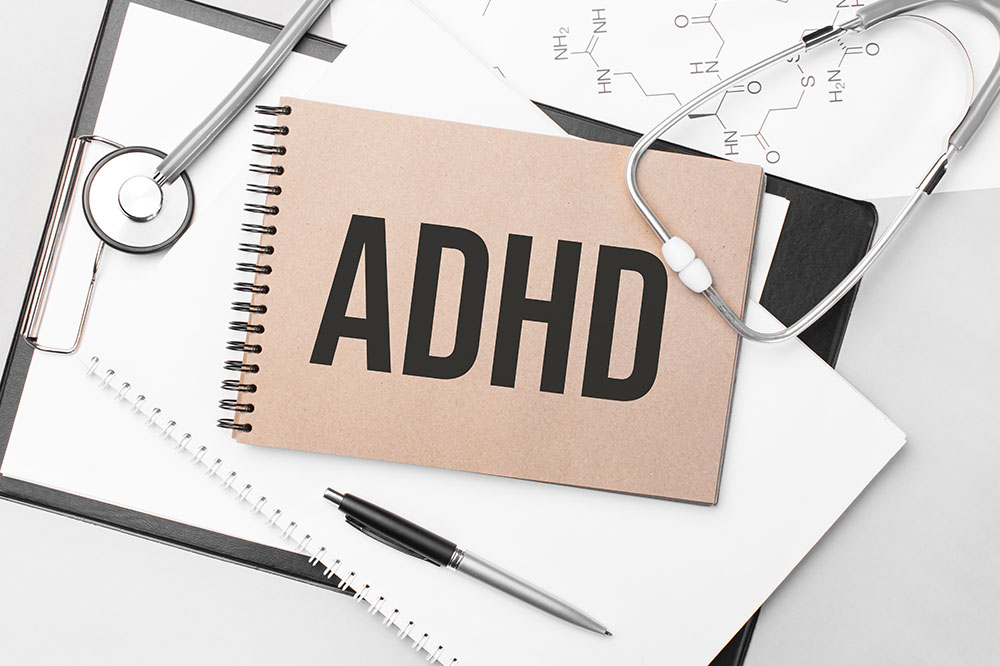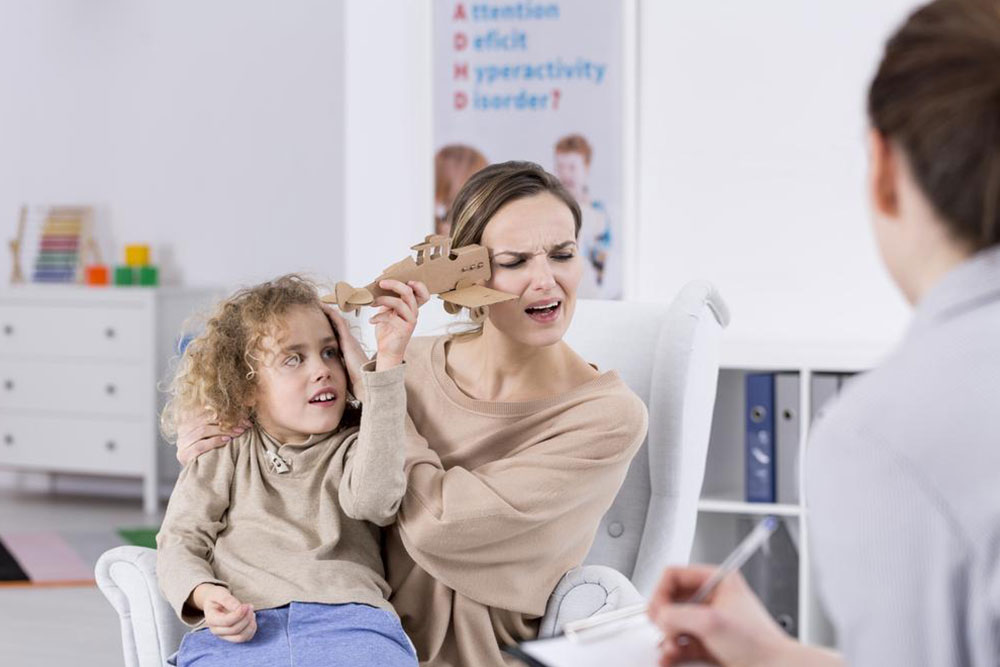Diagnosis of ADHD
According to the Center for Disease Control and Prevention, there is no single test to diagnose ADHD, because many other health conditions such as certain learning disabilities, depression, anxiety, and sleep disorders can have similar symptoms. If you suspect that you or your child might have ADHD, the first thing you should do is talk to your doctor to check if the symptoms fit the diagnosis.
A person is diagnosed with ADHD if he/she portrays more than six symptoms of ADHD for more than six months.

Many healthcare providers. such as doctors, psychologists, psychiatrists, and pediatricians can diagnose ADHD with the help of standards from the American Psychiatric Association’s Diagnostic and Statistical Manual (DSM) or the American Academy of Pediatrics guidelines. The diagnosis pertains to gathering of information from parents or caregivers about the child’s behaviors. Your doctor or your child’s GP may inquire about the following:
- A family history of ADHD.
- Other health conditions you or your child may have.
- Any significant event in your life, or that of your child, for instance divorce or death of a close family member.
- About your symptoms or that of your child.
- The duration of the symptoms.
- If the symptoms affect the daily lives of you or your child’s life (for instance, if it makes social interaction difficult).
- Where the symptoms occur (at school or at work).
After this initial encounter with your doctor or your child’s GP, a “watchful waiting period” of about ten weeks may be suggested to see if yours, or your child’s symptoms get worse, stay the same, or improve. If the symptoms don’t improve, and seriously interfere with yours or your child’s daily life, you may be referred to a specialist for formal assessment. This assessment can be done by:
- An Occupational Therapist
- A Learning Disability Specialist
- A Pediatrician
- A Child or Adult Psychiatrist
Such specialists will help identify what type of ADHD you or your child may be suffering from. Even though there is no single assessment to diagnose this condition, trained specialists in this area can help make an accurate diagnosis after a comprehensive assessment, which may include:
- Interviews or reports from the significant people in your, or your child’s, life; such as teachers, parents, or partners.
- A number of interviews with you or your child.
- A physical examination that may help out in ruling out other possible causes of the symptoms.
A detailed assessment of your child’s state may help establish if the child has ADHD. To be diagnosed with ADHD, the child must have:
- Symptoms that aren’t part of the developmental phase.
- Symptoms that make a child’s life significantly more difficult on the academic and social level.
- Portrays the symptoms in more than one setting (e.g. at school and home).
- Started to show the symptoms before the age of 12.
- Has been having the symptoms for more than six months.
- Must show six or more symptoms of ADHD.




